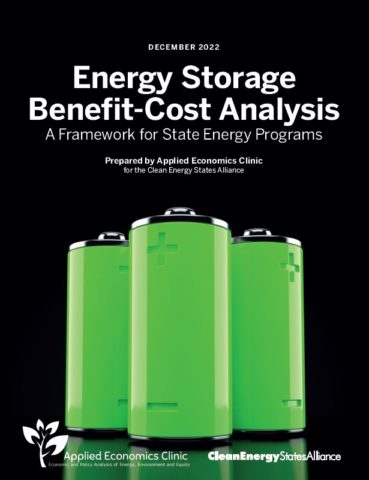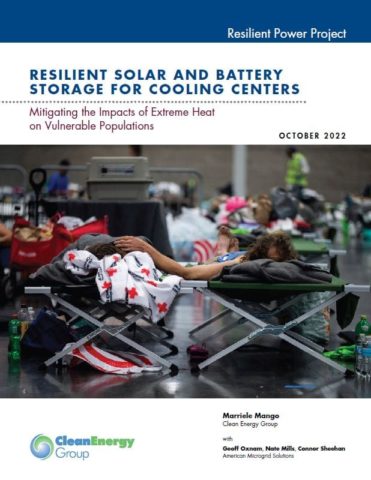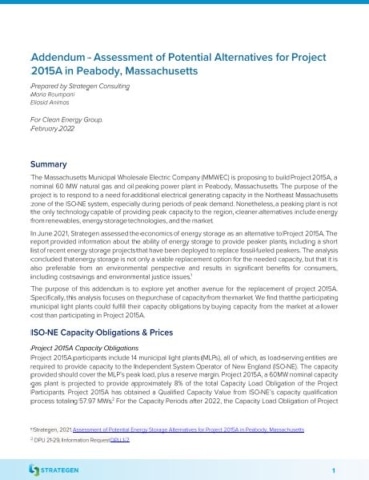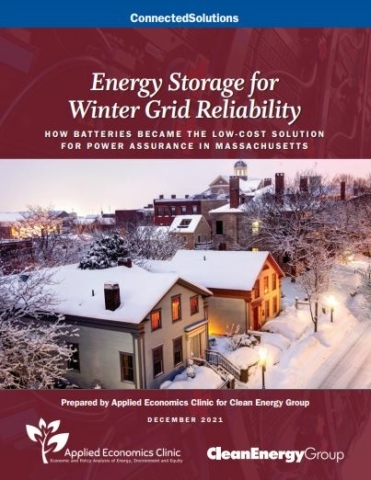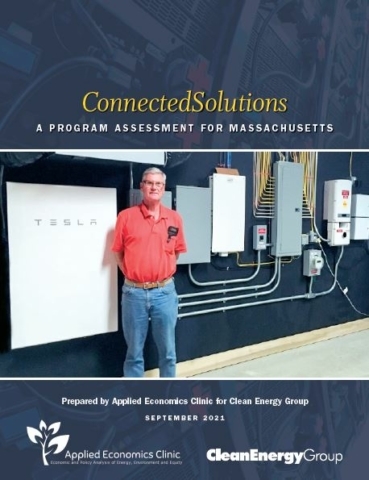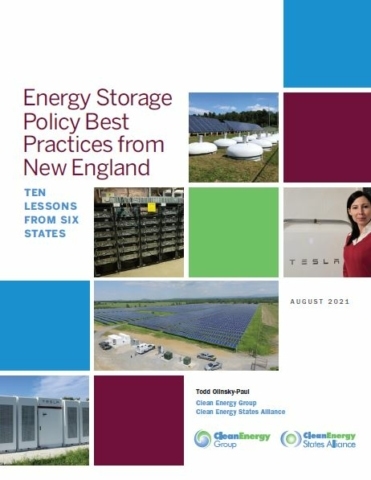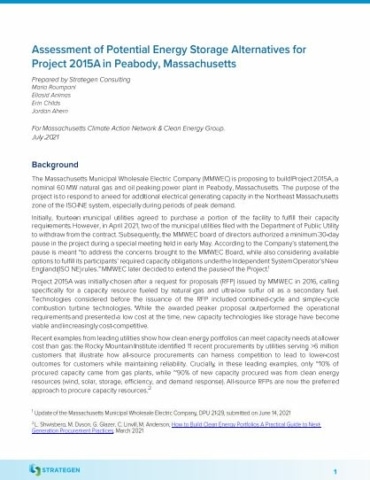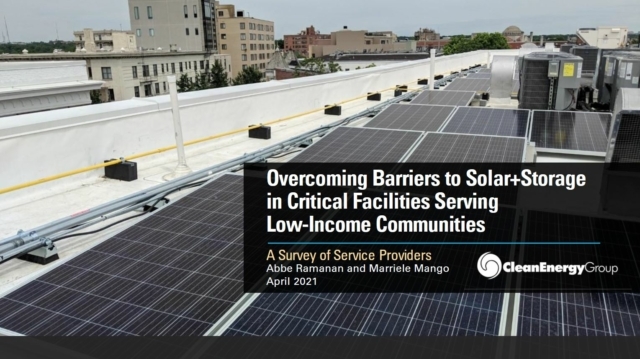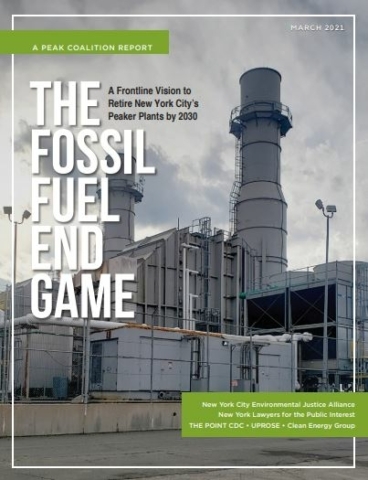Report
This report is intended as a guide for state energy agencies preparing to conduct cost-effectiveness evaluation for battery storage. It presents a benefit-cost analysis framework for battery storage and attempts to address many of the uncertainties state energy agencies may encounter.
Extreme heat is responsible for more weather-related deaths than any other weather event. Community service providers and emergency preparedness leaders scramble each summer to ensure those at high risk – including electricity-dependent, medically vulnerable, and elderly individuals as well as those without access to in-home air conditioning – have access to cooling centers, air-conditioned locations…
This report examines the environmental justice and public health impacts of peaker power plants in three U.S. cities – Boston, Philadelphia, and Detroit. The report also provides several case studies on lessons learned from community-led opposition efforts in the three cities as well as in New York City and New Orleans.
This analysis is an addendum to the July 2021 assessment of energy storage as a cost-effective alternative to building the Peabody Peaker, a 60 MW oil and gas peaking unit proposed in Massachusetts.
Winter electric peaking capacity services are currently undervalued in the Massachusetts programs that provide battery customers with performance payments to supply power back to the grid at times of high demand.
This report assesses the design and performance of the Massachusetts ConnectedSolutions program, as it has been administered in the first three-year program cycle, and compares it with related programs in other states across the country.
This report explores energy storage policy best practices and lessons learned from the New England states. It aims to inform state policymakers and regulators seeking to expand energy storage markets.
This briefing paper assesses the viability of battery storage as a replacement for a proposed gas and oil peaker power plant in Peabody, Massachusetts. It examines the cost-effectiveness and public health implications of developing battery storage as an alternative solution to the proposed fossil-fuel power plant, known as Project 2015A.
Clean Energy Group conducted a survey to assess market barriers for solar+storage at critical facilities serving low-income communities. This report summarizes the survey results and suggests actions to bring the benefits of solar+storage to the people who need it most.
This report lays out a detailed strategic and policy road map to retire and replace New York City’s fossil-fuel peaker plants.





